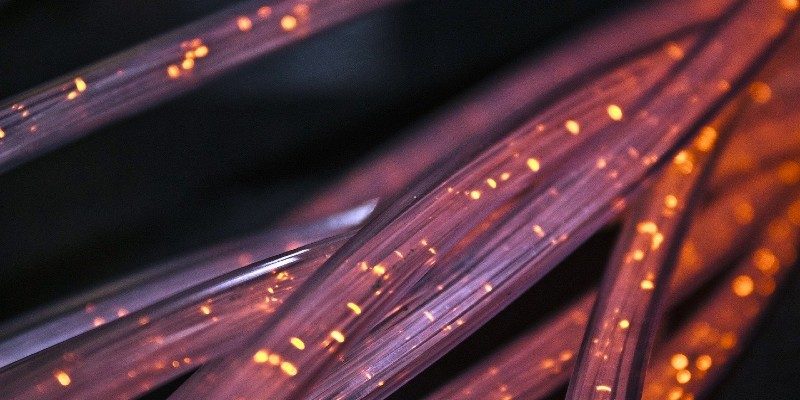India has secured 2nd position in Asia in 2023 for the most Internet Exchange Points (IXPs) per country, as revealed by the Internet Society Pulse Country Report. This marks a significant milestone in India’s commitment to adopting advanced technologies and addressing the challenges of a connected world.
An IXP is a physical and usually neutral location where different networks meet to exchange local traffic. To use an analogy, they are like an Internet bus depot, which all different networks can access (connect to) in one place to exchange passengers (local traffic).
India’s ascent in IXP deployment in Asia positions the nation at the forefront of Internet innovation and connectivity. As of December 2023, 40 IXPs have been established by several organizations across India. Importantly, nearly 900 Internet networks connect to these.
Michuki Mwangi, the Internet Society’s Distinguished Technologist, and former CTO of Kenya Internet Exchange Point, said “IXPs have become increasingly critical in making local Internet services more resilient. In an era where streaming, digital education, and the global work-from-home economy heavily rely on IXPs, their importance cannot be overstated in the context of India, given its growing number of Internet users,”
“While India is one of the leaders in Asia, it needs to expand on this good work and deploy more IXPs, encourage the remaining 85% of networks to peer with these, and establish more local data centres, for it to increase the speed and affordability of its Internet services,” added Mwangi.
Saadia Azim, COO of Bangla Sahayata Kendra, a digital public services platform in West Bengal, India, and a representative of the ISOC chapter in India, noted that location of IXPs deployment is also important.
Azim said, “With an Internet penetration of approximately 67% in a country of 1.3 billion, the number of people who are still digitally disconnected is huge. This gap contributes to a widening digital divide, where those left behind — which are mostly those in rural areas — miss out on technological advancements, affecting various aspects of human development. The recent expansion to tier two and three cities like Kolkata, Durgapur, and Bardhaman is creating significant opportunities in healthcare, public services, e-governance, and education,” added she.
The impact of IXPs is substantial in enhancing the digital capabilities of public services, a critical factor for a country like India. IXPs encourage local content development, creating incentives for local hosting of Internet services. This, in turn, propels the emergence of IT hubs, benefiting the IT sector, service sector, and society at large.
The Internet Society, recognizing the crucial role of IXPs, continues to work towards expanding their presence globally and its 50/50 Vision for Internet Traffic aimed to keep at least half of all Internet traffic in selected countries local by 2025. The vision will ensure faster, stronger, and cheaper Internet access. The Internet Society Pulse Country Report emphasizes the necessity for collaboration among governments, technology stakeholders, and industry players to prioritize competition and open the market, ultimately enhancing Internet resilience in the dynamic landscape of India’s digital evolution.







